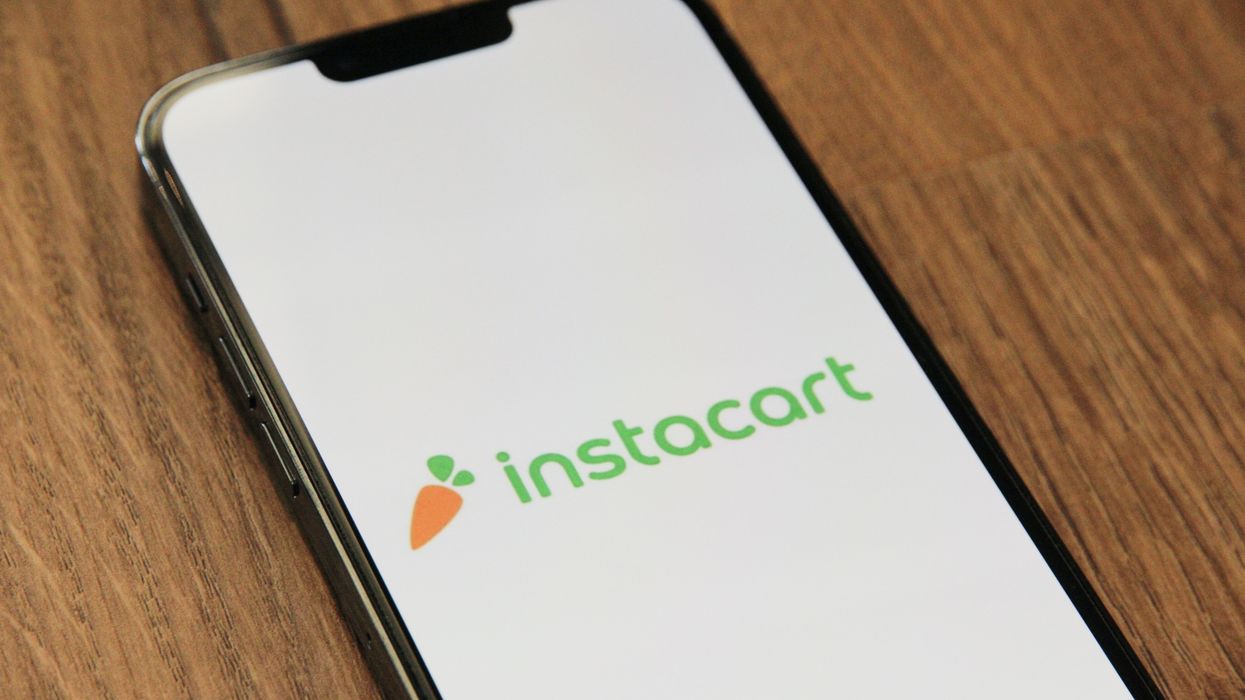As ecommerce grows, so, too, do shopper expectations that digital retailers will deliver a great experience.
With the promise of innovation that improves on old shopping norms and a slew of ecommerce companies focused on making the whole ordering and delivery process seamless, the bar has been raised.
According to the Relevance Report 2022 for Ecommerce by AI-powered personalization platform Coveo, 93% of 4,000 consumers surveyed expect the online shopping experience to be at least equal to, if not better, than shopping in a brick-and-mortar store. When considering that more shoppers are returning to in-person shops this year as pandemic restrictions lift, the report points out that it becomes even more important to create a digital experience that they’ll want to seek out amid a number of options.
One of the first steps to doing so is answering the proposition that starts many store journeys: Shoppers want to know whether they will be able to find an item they are seeking.
In ecommerce, this starts from the time shoppers open a browser to search for an item. It’s important to keep in mind that this process doesn’t necessarily start at the brand’s homepage. Asked where their search began, more than half of the respondents Coveo surveyed gave more than one answer. Of the 44% of respondents who identified only one source choice, about one-third (32%) said they do so through a search engine, while 30% said they started on Amazon. Only 16% of respondents indicated they begin their search on a specific retailer’s site.
When they do arrive at a site where they are presented with options, they likely want to find the kind of item they are seeking and an experience that’s a fit. If they don’t, they might not be there long.
“Consumers will move very quickly,” Brian McGlynn, General Manager of Commerce at Coveo, told The Current. “They want things that are relevant. They want things that speak to them.”
If they don’t find that relevant experience, they’ll likely bounce off of a site quickly.
The immediacy of shopping on the internet has made one thing clear to consumers: “They’re not going to put up with bad experiences,” McGlynn said.
Indeed, just 6% of respondents to Coveo’s survey said they found online shopping experiences to be “always” relevant to their buying habits and preferences.
Yet they are also willing to pay for one that they know will deliver. Coveo found the following:
- 52% of online shoppers said they would be willing to pay more if they could find what they’re looking for in “just a few clicks”. Among Gen Z respondents, the willingness rose to 60%.
- 48% said they would pay more if they received supporting content that adds value to products
- 69% said they would pay more if they were offered value-add services to elevate the shopper experience.
It all indicates that shoppers want more personalized experiences, and will continue to do so. Technology is evolving to help. Brands are choosing headless commerce solutions that allow for a more customizable frontend to keep improving based on what they hear from customers. They are also opting for AI-powered tools that enhance search and make recommendations, such as what is offered by Coveo.
Technology alone won’t provide the personalized experience that shoppers want. AI requires data to learn a person’s tendencies, and nearly 60% of shoppers said they would choose to remain anonymous due to privacy concerns. Yet 51% said they would be more likely to share personal data with a brand they trust.
The path to personalization is not a one-way street. Shoppers must have a sense of connection with the brand before providing the data that in turn gives the brand a better understanding of what they want. Tradeoffs will likely be necessary on both sides. Those who can figure out both sides of the equation will be more likely to keep customers in the store.
Related Articles Around the Web












